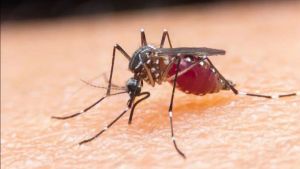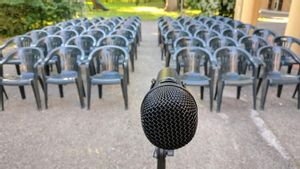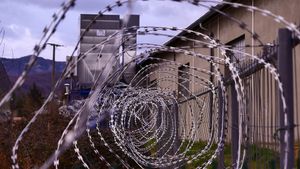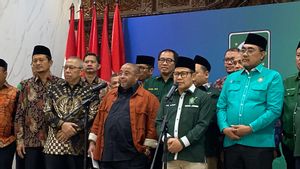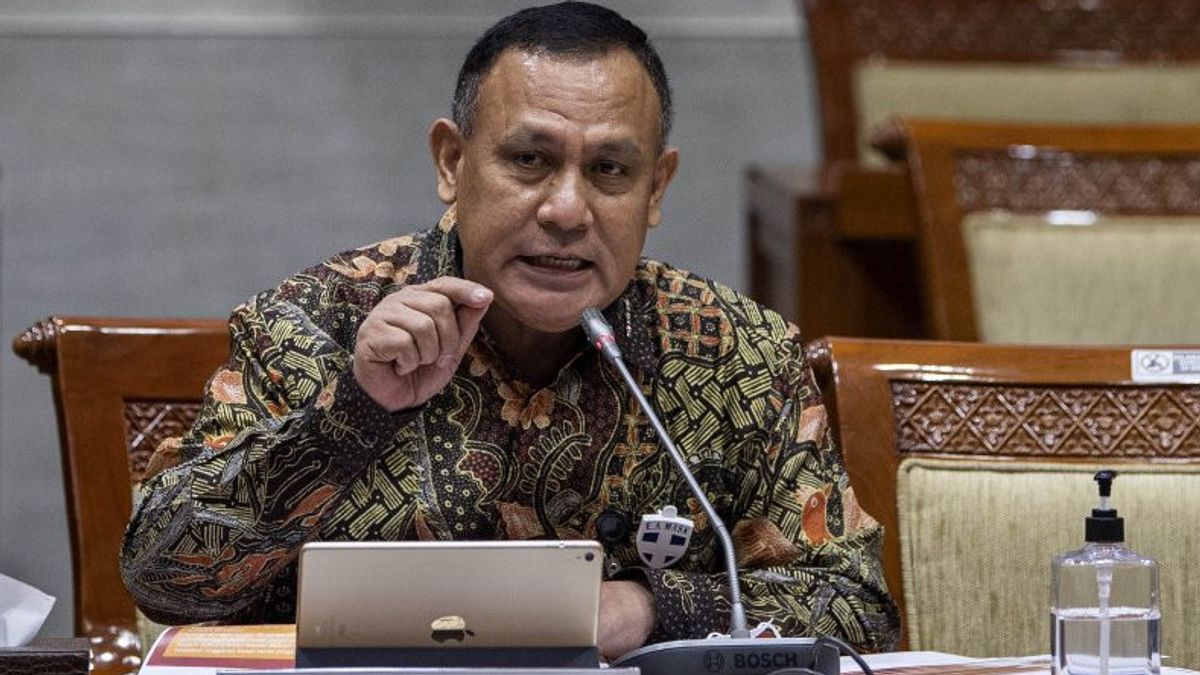
JAKARTA - The chairman of the Corruption Eradication Commission (KPK) Firli Bahuri said that the practice of corruption occurred due to two things, namely internal factors influenced by individuals and by opportunity and need.
This was conveyed when he opened an activity entitled 'Measuring Corruption Risk in Agencies Through SPI' which was held online, Wednesday, April 27.
"That corruption is actually influenced by two things. The first is personal and individual internal factors. Why do I say that because in theory it is stated that people commit corruption because there is greed, greed arises from individuals," Firli said as quoted from the KPK RI YouTube.
"Secondly, corruption occurs because there is an opportunity. Opportunity comes because the power and opportunity is also within each of us. Lastly, corruption also occurs because of necessity. It also cannot be separated from internal factors," he added.
Apart from the factors mentioned above, there are actually a number of other factors that require a deeper study. The goal is to improve the existing system in order to close the gap in corruption.
"As soon as the system is good, of course there are no opportunities and loopholes to commit corruption. But once the system built has failure, weakness, or badness, corruption can occur," said the former Deputy for Enforcement of the KPK.
Firli also explained that there are at least five points prone to corruption. The first relates to the inappropriate use of office facilities for personal, not official purposes.
"The second is bureaucratic reform, especially related to the sale and purchase of positions, transfers, and demotions," he said.
Next, the vulnerable point for corruption is related to public services where bribes and gratuities often occur.
"Fifth, of course, those related to trading inplouns, which of course is also very dangerous. Because it is possible for criminal acts of corruption to occur because of the large role of the authorities, the state administration apparatus, the influential law enforcement officers," explained Firli.
With these various vulnerable points, the KPK seeks to eradicate corruption through the trident method, namely public education, prevention, and prosecution. Next, the KPK also measures corruption-prone points using the Integrity Assessment Survey (SPI).
"We are moving together to make improvements to the system by utilizing the results of the integrity assessment survey," he said.
"Never again should there be a system that creates gaps and opportunities for corruption. Nor should there ever again be a system that is friendly to corrupt practices," said Firli.
The English, Chinese, Japanese, Arabic, and French versions are automatically generated by the AI. So there may still be inaccuracies in translating, please always see Indonesian as our main language. (system supported by DigitalSiber.id)


